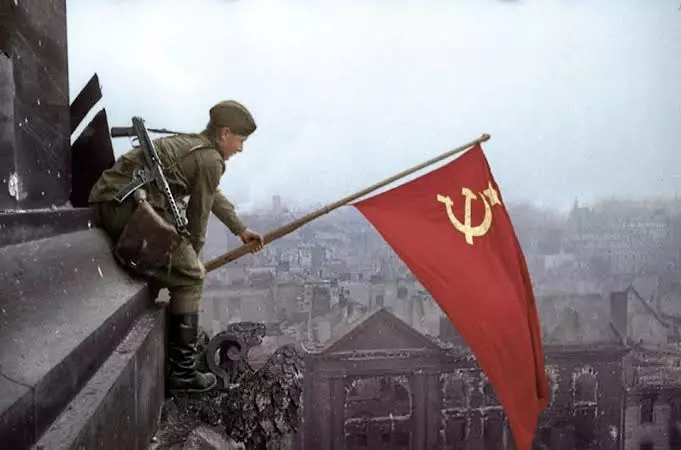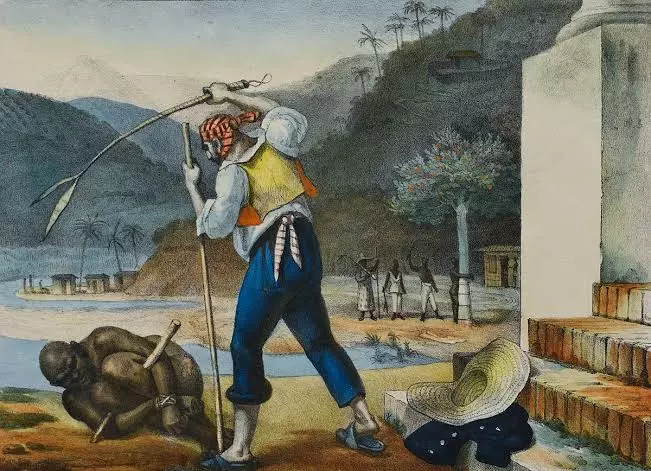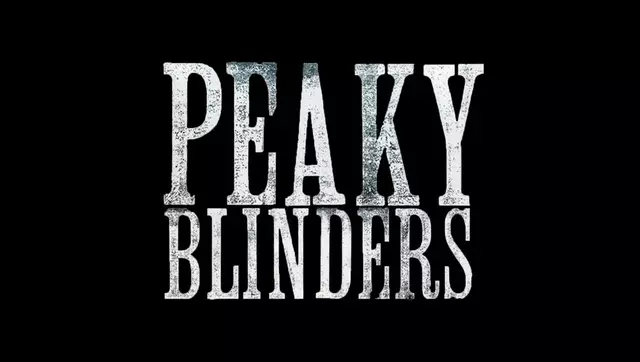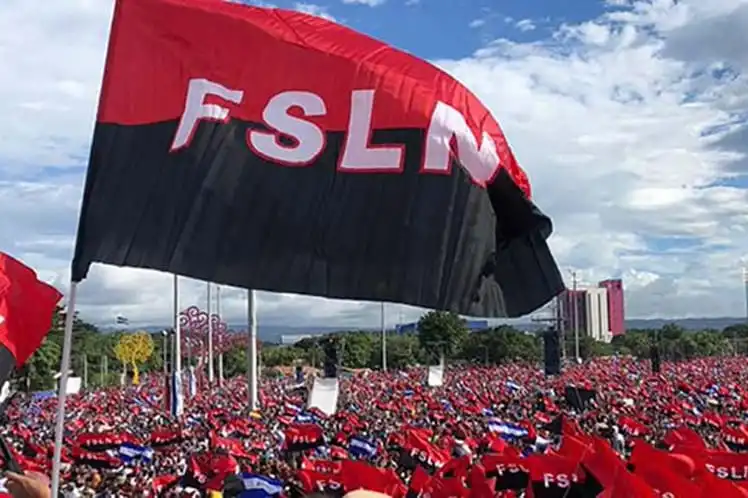Foreword by Adèle Cain
Renowned military historian Luis Lázaro Tijerina has turned his sharp analytical mind to the subject of the modern military concept of the “Breakthrough on the battlefield”, a concept created by the Brusilov Offensive of summer 1916, a noted Russian victory in the First World War. The relevance of looking again at Brusilov and the concept generally of the Breakthrough becomes all the more apparent when the author draws our attention to the military buildup at the Russian-Ukrainian border and the danger of it escalating to war. As he notes: “National chauvinism is the putrid smell of death on both sides of the Russian and Ukrainian border.”
The modern Breakthrough
In the first modern era of the novel Coronavirus plague, a revolutionary concept of the Breakthrough on the battlefield should be contemplated in ushering in a twenty-first century of waging war on all fronts. This modernized form of the Breakthrough should be understood and considered within the realm of the objective perspective of the quantitative and qualitative forces that will play major roles in the art of war. The brief, fashionable era of “Hybrid Warfare” is over, as simple cyber warfare technology along with asymmetrical shock forceswill no longer be acknowledged as adequate in defeating any enemy at only one break through along the enemy’s lines, regardless if that enemy be positioned in a large swath of land or within the confinements of a city. What will now be of the utmost importance will be to engage enemy forces using both symmetrical warfare and irregular war along a designated front with tactical nuclear weapons at the various army fronts’ disposal. Using nuclear weapons to enforce a Breakthrough will be achieved through fighting past the exterior lines of the enemy’s army or armies by breaching at innumerable places to throw the enemy into physical and psychological chaos and strategic and tactical disarray. Nothing less than a detailed operation of a sweeping surprise attacks using not only the tried, conventional armies of infantry, airborne and tank forces, but also using together the artillery sectors and tactical nuclear missiles. Intercontinental nuclear missiles should be utilized only when hitting the enemy’s major cities, deep military installations and manufacturing plants that are producing the enemy’s military arms.

Before, I go into any major depth or discussion about what I call the Sweeping Front Breakthrough, it is necessary to confront the historical process of the art of war that precedes such a strategic and tactical creative military art. In terms of theory, perhaps the most important concept of the Breakthrough in the offensive attack is the Brusilov Offensive named after the Russian General, Aleksei A. Brusilov, who created the first modern offensive attack with the methodology of an offensive attack at various points of the enemy’s entrench lines, which was qualified by the number of troops available for a Breakthrough or numerous Breakthroughs at many given points, as well as the immediate shock value of the initial attack during the various intervals that various stages of operations are achieved with reconnaissance penetration near the enemy’s frontline positions or deep in the rear of the enemy’s logistic support bases. If current military historians and military theorists study what Brusilov achieved against the Austrian-Hungarian forces along the Eastern front, then there will be a deeper understanding, for instance, of what the modern Russian Armed Forces may desire to achieve should they invade the vast territory of the Ukraine in our time.
There is a military analysis concerning the Brusilov Offensive Attack that, although written in an almost editorial way, is still very important to read for its succinct view of the Russian way of attacking along the line enemy’s line since the time of Brusilov. Patrick Armstrong, who was a military analyst in the Canadian Department of National Defense specializing in the USSR/Russia military affairs, gives this vital perception of the birth of the modern offensive attack:
Brusilov had his soldiers dig trenches – saps – forward so that they would only have 50 to 100 metres to run: “Brusilov wanted the point of departure for the Russian infantry assaults to be no greater than 100 meters, and he preferred that the distance be 60 meters or less”; the British had the whole distance to cover. Third, light reconnaissance teams went into no man’s land to check the accuracy of each phase of the bombardment and direct the next.
Artillery is most effective in the first few seconds – merely lying down significantly increases the probability of survival. Brusilov also understood that the cessation of fire will be taken by the enemy as a signal that the attack is about to begin. This will be seen again in Soviet artillery use in the Second World War and is the reason for the Soviet/Russian development of MLRS which produce tremendous explosive fire in very quick times (the BM-21 Grad can fire 40 rockets in 20 seconds. To say nothing of this.) And fourth, Brusilov used every means of deception available to him to make the enemy think the attacks were coming somewhere else: overwhelming the Austro-Hungarian forces with information and options… Brusilov mounted a counterintelligence campaign, sending false instructions over the radio and by messenger while specific instructions concerning the offensive were relayed verbally… false artillery batteries…[1]
What the Canadian military analyst emphasizes is the first objective Brusilov wanted to achieve was to stun the enemy forces with short but severe and intense artillery firepower, but only attacking with the infantry after they have achieved being as close as they could get to the enemy’s trenches, hugging the enemy in terms of lessening the amount of time and space that had to be achieved to make a violent and unexpected contact with the enemy’s own infantry forces. And more importantly to achieve the Surprise of the attack through various kinds of deception about where his forces would attack, feinting here and there along the enemy’s wide front. If the Ukraine is to be attacked by Russian forces in our era, some of these attack tactics will be used to not only stun the enemy along a wide front but behind the enemy’s lines as well which is a continuation of deep operations which are also a part of Soviet military thought.

Although the Russian armies throughout history have been known for the massing of Russian troops before a major attack, they understand the sizeable numbers are not everything. As Clausewitz observed about numerical superiority, “It follows that superiority in numbers is only one of the factor which produce victory; therefore, far from having obtained everything or even the principal thing with superiority in numbers, we have perhaps obtained very little by it, according as the circumstances involved happen to vary” — which to the modern commander means or signifies that numbers are not necessarily to complete victory as the quality of troops not to mention the tactical massing of the troops, along with the correct usage of air support, artillery support, and finally the usage of tactical nuclear weapons in the initial Breakthroughs at any given point are ultimately crucial to the success of the Offensive Attack.
To clarify this point, I again turn to Clausewitz — his statement about numbers of massed troops and the initial attack or attacks along the enemy’s defensive positions: “Much more frequently the relative superiority — that is, the skillful massing of superior forcers on the decisive point — has its foundations in the correct appreciation of such a point, in the appropriate direction…”
If the Russian Armed Forces should attack the Ukraine, the Baltic States or the outer perimeters of Western European countries, for instance, Poland, it will be military stealth, spreading confusion about her intentions through triggering deliberate political provocations on the part of the Western forces which would mean the NATO countries. The Russian military does not count only on a massive number of Russian troops to be the core of achieving total destruction of their adversaries. We know the West can also provoke Russia with economic sanctions and other forms of political repression and harassment.

Great Power chauvinism
There is in the so-called Western world a nationalist chauvinism masked by NATO in its aspirations to eliminate militarily and politically the so-called Russian expansionist policies. However, there is also a new emergence of Russian chauvinism that has been rebuilt by the Russian capitalism oligarchs and to an extent by proxy, the Russian regime currently in power. We should remember what Lenin wrote in in a Memo to the Soviet Political Bureau: "we consider ourselves, the Ukrainian SSR, and others, equal and enter with them on an equal basis into a new union, a new federation, the Union of the Soviet Republics of Europe and Asia". Lenin in that same Memo to the Political Bureau, October 6, 1922, also militantly advocated the idea for the Bolshevik party to defend the right of oppressed nations within the former Russian Empire to self-determination and the right of ethnic nationalities to political equality as well, including the language-rights movement of the newly formed republics. In a rather grim humorous comment, he addressed the question of Russian chauvinism with this quip: “I declare war to the death on Great Russian chauvinism. I shall eat it with all my healthy teeth as soon as I get rid of this accursed bad tooth.” In our time, I would state that the teeth in both camps are rotten, and my assessment is that the Russian people who are still an advanced proletariat people are not interested in war for territorial expansionism.
Great Power Chauvinism is in crisis in the West, as it sees that it has lost its power to reign in the various countries that it once controlled through colonialism. From the coming of age of the People’s Republic of China to the defeats in Vietnam, Cuba, Algeria, Afghanistan and Syria, they see the Ukraine as one of their last opportunities to regain economic and political territory through goading the decadent leadership in Kyiv to help them achieve their goal of destroying Russia. In 2004, the Russian President, Putin gave his view of self-determination and integration, but from a Eurasian point of view, not a Soviet vision, in which he said, "I would say that these problems can be formulated very simply. This is great-power chauvinism, this is nationalism, this is the personal ambitions of those on whom political decisions depend, and, finally, this is just stupidity, ordinary cavemen's stupidity". There is an irony here if not a tragic scenario in the build-up of massive Russian troops along the Russian and Ukraine border. National chauvinism is the putrid smell of death on both sides of the Russian and Ukrainian border. It is not lost on this military historian that the massing of Russian and Ukrainian troops is not so far from where the Brusilov Offensive took place against Austro-Hungarian troops not long after the beginning of World War I.






